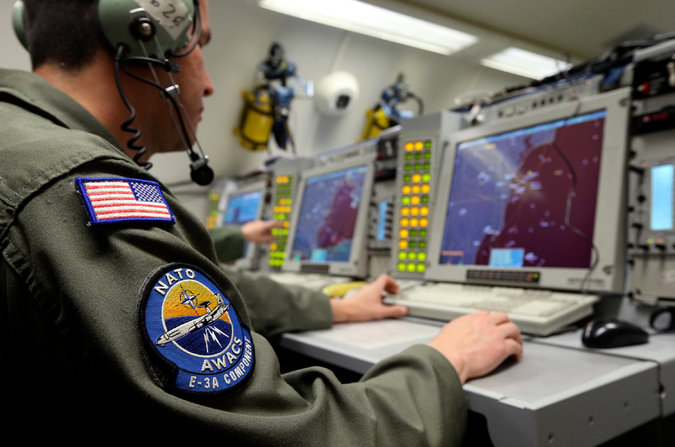Francois Lenoir/Reuters
By
Ricardo Swire
Today’s global security environment is the most unpredictable in half a century. Wars are usually fought to change regimes, alter borders, acquire resources and impose ideologies, almost never to completely eliminate another State and its people.
So what is the world’s most feared Existential Threat? America’s outgoing president said nuclear terrorism kept him awake at night. US Chairman of the Joint Chiefs of Staff opined Russia’s behavior and nuclear arsenal makes Moscow the number one Existential Threat.
The US Marine Corps General’s opinion is reinforced by the last publicly exposed high profile Russian secret agent who defected to America. Before his sudden mysterious death the Russian said; “The US was whistling through the graveyard. Russia has a very serious military program. They are producing very sophisticated strategic and tactical weapons and I can tell you that the threat from Russia is not over. The more Russia has money, the more aggressive will be its foreign policy.”
America’s FBI Director told Aspen Security Forum attendees the Existential Threat is the Islamic State (IS). A report from an independent group of experts described IS as a serious threat to global security and safety. Notwithstanding they agreed the extremist group, even after 2016’s Paris attacks, does not qualify as an Existential Threat to America. A collective opinion linked to the phrase’s definition, particularly applied to a country with the size and power of America. Technically there is no individual definition for Existential Threat.
Caribbean technocrats calculated that Climate Change is the Existential Threat. A credence that means “systemic challenges to the viability of Caribbean states as functioning socio, economic, ecological, political systems.” A phenomenon caused by the intersection of climatic, economic, social and political developments. Since 2001 St. Vincent and the Grenadines (SVG) experienced fourteen major weather events. Five occurred after 2010. Together the occurrences caused infrastructural losses and damages valued more than US$600 million, or one third of SVG’s Gross Domestic Product (GDP).
Internationally, Existential Threat is classified as “a military or terrorist danger to the existence of a country involving nuclear, chemical, or biological weapons.” North Korea is named on this special list, because its ballistic missiles have both range and capability to strike America. Each US Federal Agency’s opinion about the Existential Threat is shaped by distinctive, national security areas of responsibility. The FBI is tasked with the lead role in the prevention of attacks.
The Bureau’s Cyber Chief perceived criminal hackers as the Existential Threat. A menace that can eliminate international corporations. The demise of one company forced out of business, after hackers stole US$5 million from accounts, was cited. Emphasized by a mega firm with ten years of research and development worth US$1 billion that was stolen overnight. Hackers illegally encrypted a health services company’s metadata and extorted money for the new password. There is evidence of hundreds of millions of dollars stolen through the financial services sector. One of Eastern Europe’s organized crime syndicates earned an estimated US$750,000 per week from cyber theft.
The FBI’s Executive Assistant Director told the International Conference on Cyber Security in New York; “If hackers were able to tamper with critical infrastructure such as the power grid, it could actually cause death.” Pentagon officials theorize that military forces, under its control, are deployed to counter the Existential Threat labelled Russia. Pentagon resources are positioned to defend NATO associates, if Moscow acts aggressively towards the Baltic or regional allies. The Pentagon’s NATO playbook relies on deterrence by “hardening” members, adjacent the Russian border, to hybrid warfare. A military strategy that combines conventional, irregular and cyber combat.



No Comments Yet!
You can be first to comment this post!